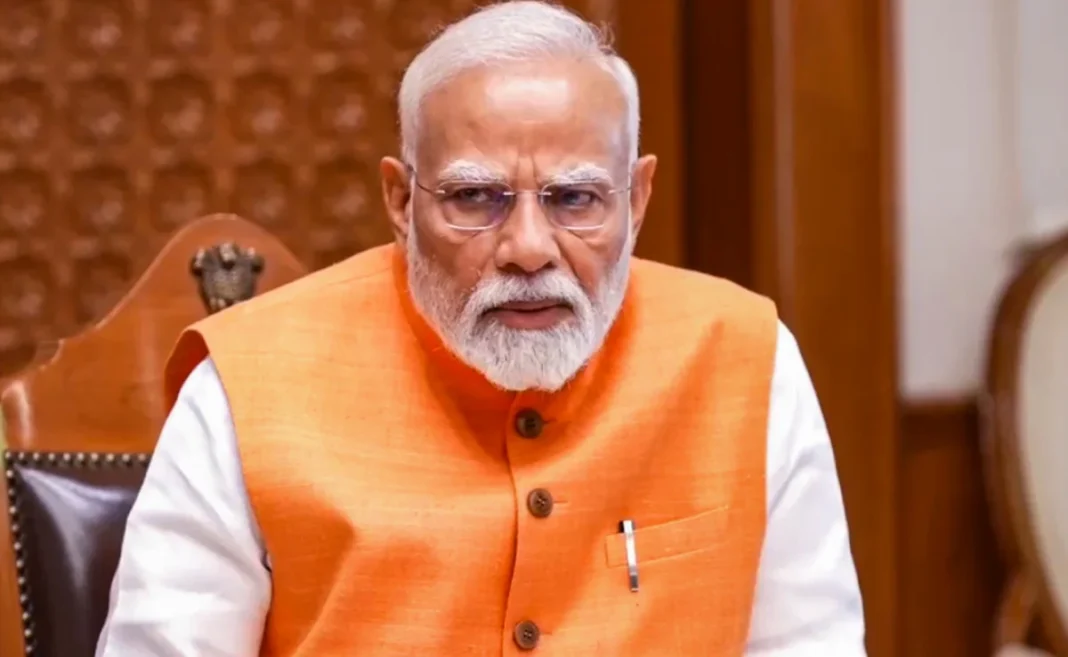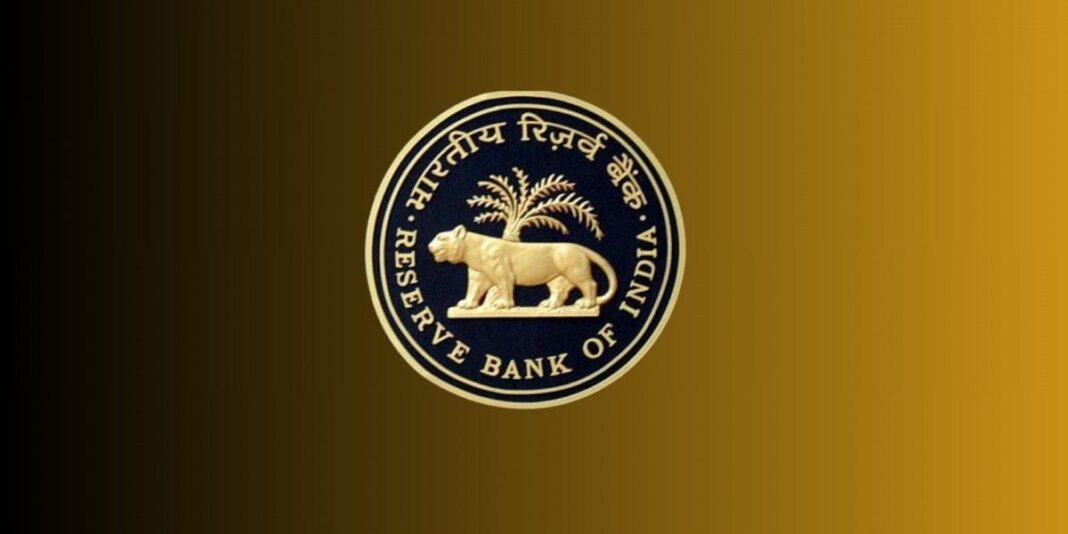Industry analysts estimate that halting India’s imports of discounted Russian crude could add as much as $13–14 billion annually to the country’s oil import bill. That reflects a price spike of roughly $10 per barrel in global crude prices—and even higher for related gas and LNG imports.
🔍 Why the Cost Spike Happens
- Since the Ukraine war, India’s purchase of deep‑discount Russian oil has saved around $17.2 billion—offsetting global price pressure and helping stabilise energy costs for India.
- Removing that cheaper supply would force refiners to buy from more expensive sources—U.S., Middle East, West Africa—which raises the price per barrel.
- This increase would also affect LNG contracts, fertiliser prices, and city‑gas distribution, adding roughly ₹3,900 crore (~$470 M) more in annual cost under gas agreements tied to Brent.
⚠️ Broader Implications for India
- Global oil prices would climb, raising costs for consumers and businesses, and squeezing margins across sectors such as fertilizer and LNG distribution.
- India’s dependence on imports stays high—with almost 36% of crude oil sourced from Russia in 2024–25, valued around $50 billion.
- A price jump could shrink India’s current account deficit and put pressure on fiscal and inflation metrics.
🧭 Key Numbers at a Glance
| Factor | Impact Estimate |
|---|---|
| Global price rise if Russian oil blocked | ≈ $10 per barrel |
| Annual import bill increase | $13–14 billion |
| LNG price hit | ₹3,900 crore ($470 million) |
| Savings from Russian oil purchases (May 2022–25) | ~$17.2 billion |
| Russian oil share of Indian imports | ~35–36% |
🔚 Final Thought
If India stops buying discounted Russian crude, it risks a major rise in its import bill—estimated at $13–14 billion annually—as global prices rebound. That cost surge will ripple across sectors tied to oil, gas, and fertilizers, pressuring fiscal buffers and inflation. While strategic and geopolitical considerations remain complex, the economic trade-offs are substantial.



